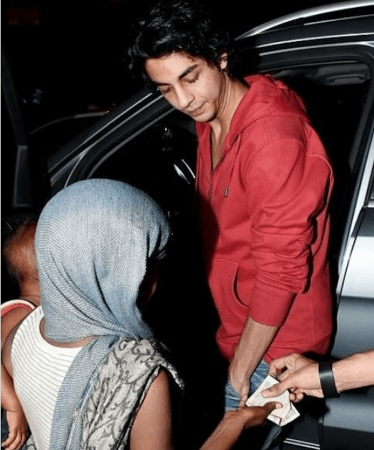
Giving "targeted" social support to other people triggers sections of the brain that are involved in parental care, which may enable researchers to understand the constructive health impacts of social ties, found a new study.
By giving "untargeted" support like charity does not have the same neurobiological impacts, as per Tristen K. Inagaki and Lauren P. Ross of the University of Pittsburgh. "Our results highlight the unique benefits of giving targeted support and elucidate neural pathways by which giving support may lead to health," the researchers wrote.
The researchers conducted experiments to assess brain reactions to giving different sorts of social support, with volunteers given "support" task where they had an opportunity to win rewards for somebody close to them who needed money (targeted support), for charity (untargeted support), or for themselves. As anticipated, the members felt all the more socially associated and felt that their support was more powerful when giving targeted social support.
The subjects at that point experienced an emotional evaluations task including useful MRI checking to see initiations of specific brain regions when giving social support. The link was found in the activation of the ventral striatum (VS) and septal territory (SA) - regions already connected to parental care practices in beings.
"Humans thrive off social connections and benefit when they act in the service of others' well-being," write the authors. A past report by Dr. Inagaki, distributed in Psychosomatic Medicine, found that giving social support positively affects brain areas engaged with stress and reward reactions, which recommended that offering help and not simply accepting it might be an essential contributor to the physical and mental health benefits of social support.
Both targeted and untargeted support are connected to expanded SA action, supporting the "warm touch" theory of offering help: we help others because it "feels good".
The findings of this study add concrete value to the importance of good and warm inter-personal relationship and its significance on mental health, which could be an indication enough to implement this value in social structures, perhaps, which could only be a minor stepping stone to a more platonic society.
The findings are published in Psychosomatic Medicine: Journal of Biobehavioral Medicine, the official journal of the American Psychosomatic Society.

















